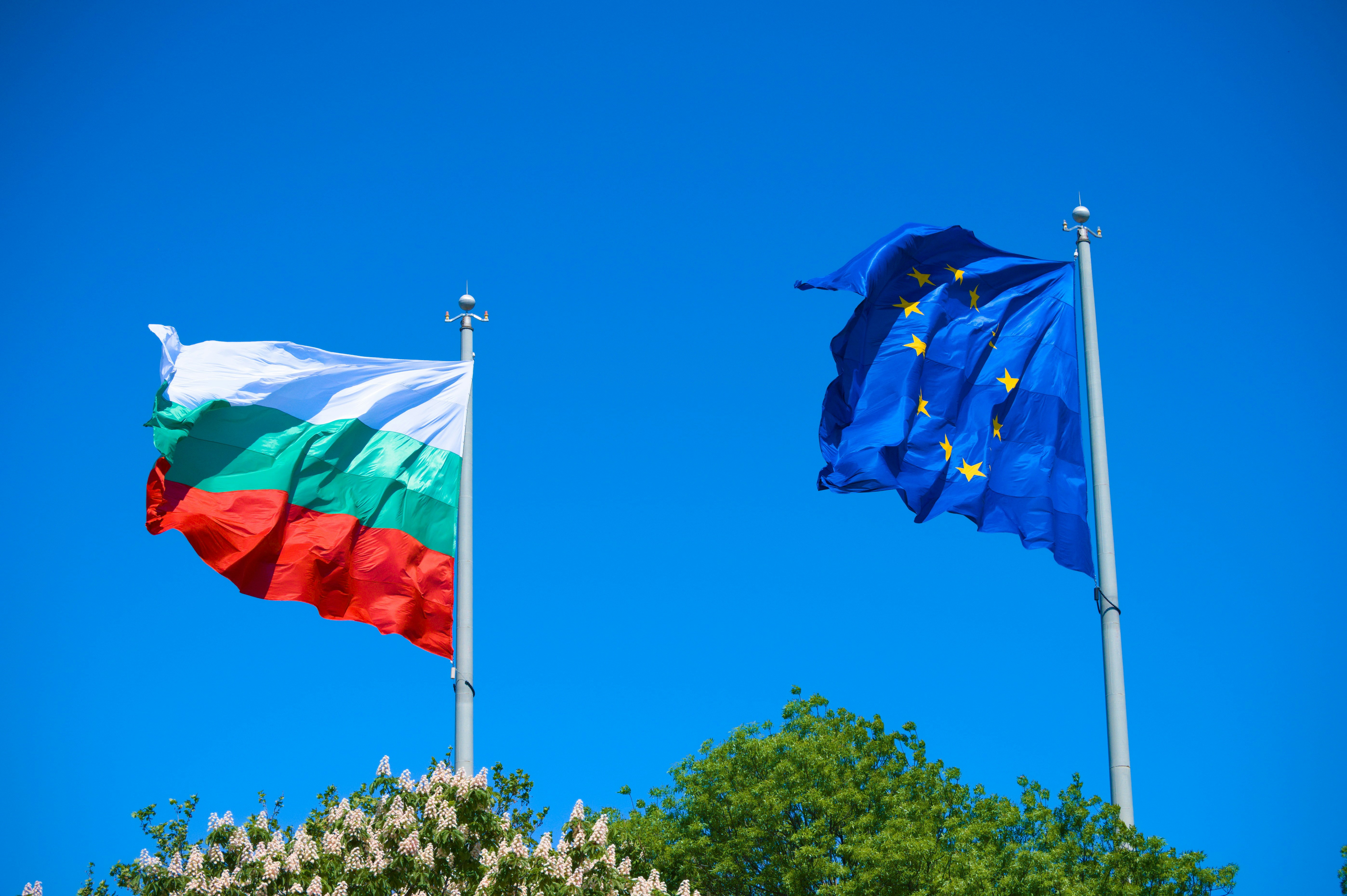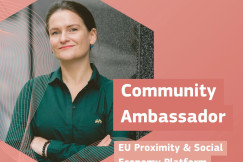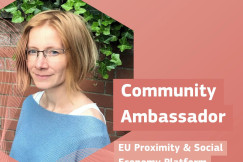Best practices
24 July 2025
Advancing digital inclusion through Digi4All in Bulgaria
Best practices
24 July 2025
Financing the ecosystem
Partnerships
Regenerative Green Transition
+18 more
Login / create an account to be able to react

Digi4All is a Bulgarian initiative that improves digital inclusion by offering free, localised training through over 400 hubs. It has helped more than 32,000 socially disadvantaged people gain essential digital skills and better access to public services.
Topics
Bulgaria
Academic / Research and VET Institutions
EU Institutions
International Organisations
Media / Journalist Organisations
National authorities
Networks and Federations / Confederations
NGOs / Non-profits
Social Economy Entity
-
Thematic area
-
-
Financing the ecosystem
-
Partnerships
-
Regenerative Green Transition
-
Skills
-
Transformative Digital Transition
-
Urban and Rural Wellbeing
-
Working conditions and governance
-
-
Interlinkages with other sectors
-
-
Digital
-
-
Action areas and keywords
-
-
Addressing capacity and skills gap
-
Boosting digital skills by - and in the social economy
-
Digital Platforms
-
Digital social innovation
-
Public and private tech partnerships and support
-
Strategy for Data
-
Tech for Good
-
-
Ecosystem focus
-
-
Proximity economy
-
Social economy
-
-
Scope of activity
-
-
International
-
Local/neighbourhood
-
National
-
Regional
-
Share
Bulgaria is tackling digital exclusion through Digi4All, a national initiative that empowers socially disadvantaged people with essential digital skills. The programme addresses a key social challenge by improving access to online public services and increasing participation in the digital economy. Through its inclusive, decentralised approach, Digi4All demonstrates how digital inclusion can support social integration and reduce inequalities.
The Challenge
In Bulgaria, a significant portion of the population lacks the digital skills necessary to access essential online services. Many citizens, especially from vulnerable groups, face social exclusion due to limited digital literacy and lack of access to reliable ICT (Information and Communication Technology) tools. Traditional approaches to digital education often failed to reach those most in need, particularly people in rural or economically disadvantaged areas. This gap in digital access and skills posed a major barrier to equality and public participation.
The Solution
To address the digital divide, Digi4All introduced a decentralised model focused on accessibility, local partnerships, and tailored learning support.
• Established over 400 Digital Hubs across Bulgaria to provide free digital skills training.
• Focused on socially disadvantaged groups, including the elderly, low-income individuals, and people with disabilities.
• Delivered training tailored to learners’ skill levels, covering basic digital use, online safety, and access to public services.
• Implemented a decentralised, community-based approach, supported by local organisations and municipalities.
• Funded by the European Social Fund (ESF) and coordinated by Bulgaria’s Ministry of Labour and Social Policy.
Impact and Success
Digi4All has delivered measurable results, significantly improving digital access and confidence across underserved communities.
• More than 32,000 participants trained in essential digital skills.
• Beneficiaries gained confidence in using digital tools for tasks like accessing healthcare, public services, and employment opportunities.
• Improved social inclusion and reduced digital inequality among vulnerable groups.
• The local hub model effectively reached underserved communities.
• Digi4All has been recognised as a replicable model across other EU Member States.
Digi4All exemplifies how decentralised, community-driven approaches can address digital exclusion and promote equal access to opportunities. By making digital skills training accessible at the local level, the initiative has not only bridged digital gaps but also empowered thousands to participate more fully in society and the economy. Digi4All offers a compelling model for Member States aiming to improve digital inclusion and social integration.
Comments (0)
See also
-
30
Financing the Ecosystem Recap: December – January
- Categories
- Partnerships Regenerative Green Transition Skills +68 more
-
21
PSE Platform Ambassador highlight: Viktorija Bražiūnaitė, LISVA
- Categories
- Partnerships Regenerative Green Transition Skills +68 more
-
21
PSE Platform Ambassador highlight: Erdmuthe Klaer, REVES
- Categories
- Partnerships Regenerative Green Transition Skills +68 more




